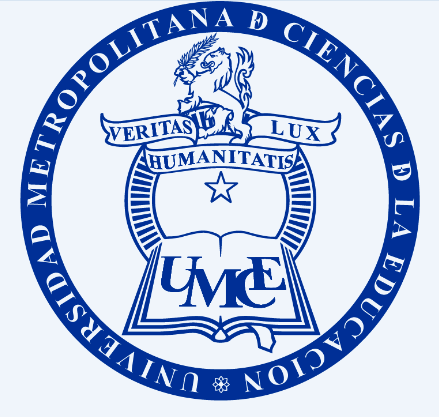Main Article Content
Nov 8, 2016
Abstract
La ciudad se entiende como un depósito de la memoria cultural de cada pueblo; sin embargo, necesita ser decodificada luego de un periodo de caos político–social como el ocurrido durante la dictadura argentina. La literatura de ficción ayuda a decodificar las huellas que se han tratado de ocultar e incluso borrar. La novela La ciudad ausente (1992), del argentino Ricardo Piglia, muestra a la ciudad inmersa en un trabajo de simulación mediante un velo que teje el Estado durante la dictadura como un medio para manipular y mover masas a su conveniencia con el único fin de aniquilar la memoria colectiva. El presente trabajo busca mostrar que la poética de Piglia se halla más emparentada con la vanguardia que con los movimientos de
posmodernidad, pues se dirige a la reconfiguración de una identidad quebrantada que mira al pasado para construir su futuro.
Downloads
Policies for open access journals
Authors who publish here accept the following terms: Authors will keep their copyright and will guarantee the journal the right to the first publication of their work, which will be subject to the Licence of Creative Commons acknowledgement, which allows for the use of this material only if the authorship is credited and the original source is acknowledged (the journal’s URL), and if it is not used with commercial ends and with any derivations of the original work.
Authors may adopt other non-exclusive license agreements of distribution of the published version (e.g. to save it onto a digital institutional archive or publish it in a monographic volume) only if the initial publication of this journal is indicated.
It is permitted and recommended for authors to divulge their work on the Internet (e.g. institutional digital archives or webpage) before and during the submission process, which may lead to interesting exchanges and increase the citations of the publication. (See Open Access Effect).






